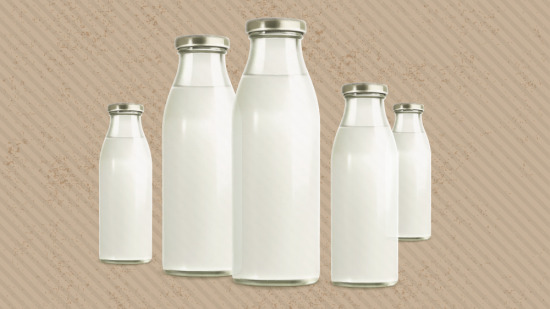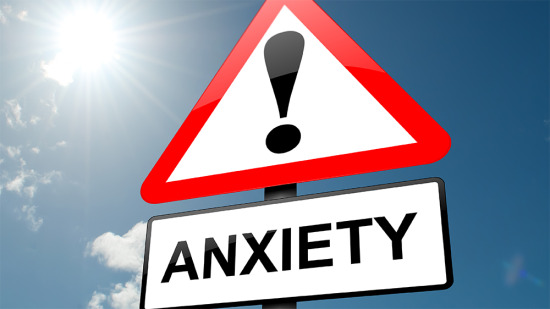
That morning cup of coffee: so many of us find ourselves reaching for it time and time again. Still, even more of us all of us have heard something to the tune of “I can’t start my day without at least one cup.” If you’re drinking countless cups daily though, this could be cause for concern. While research shows that coffee is one of the best beverages you can drink, keep in mind that it also contains caffeine—too much of which can have serious side effects on your health. Here’s what the latest research reveals about coffee—the pros and the cons.
Full of nutrients.
Magnesium, potassium, B vitamins, niacin, and choline are just some of the nutrients in that cup. Coffee is also one of the largest sources of antioxidants in our diets. If you take it with milk, you’ll get the added bonus of vitamin D and calcium—a great thing as so many Americans are deficient in these.

Protection from disease.
Drinking coffee may decrease the risk of certain types of cancers, stroke, and heart disease. It also may prevent Parkinson’s disease, Alzheimer’s disease, and Type 2 diabetes. A recent study from Cornell University even found that coffee could help protect eyes from retinal degeneration caused by aging.
Elevates your mood, energy levels, and weight loss.
Drinking coffee increases energy and improves memory, reaction time, and mood. A recent study from Harvard School of Public Health even found that people who drink 2-4 cups of coffee each day reduce their suicide risk by 50 percent.
As a fat burner, it also aids in weight loss and can boost metabolism.

Causes Medical Issues
Coffee can decrease iron and calcium absorption and increase heart rate and anxiety. It can also cause gastroesophageal reflux disease or worsen irritable bowel syndrome symptoms and elevate blood pressure—but only in those who don’t drink it daily.
For the most part, coffee can be a good thing in moderation. Remember to keep your coffee intake in check though. The average 8-ounce cup has 95 milligrams of caffeine. If you drink more than one cup each day, your caffeine intake can add up quickly. Also consider any other possible sources of caffeine in your diet. When it comes to caffeine, your daily intake should be no more than 400 milligrams to avoid health problems. If you ever find yourself suffering, come by your local Neighbors Emergency Center. We provide 24 hour emergency care in Houston and Austin. Our board certified physicians will have you back on your feet in no time.

